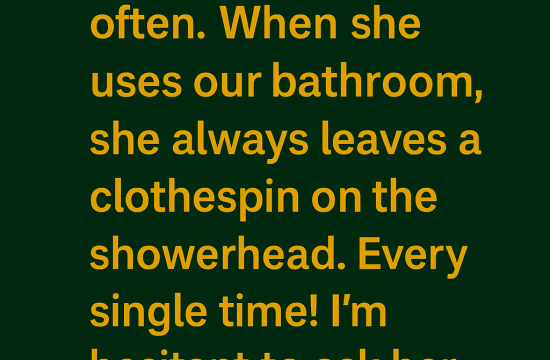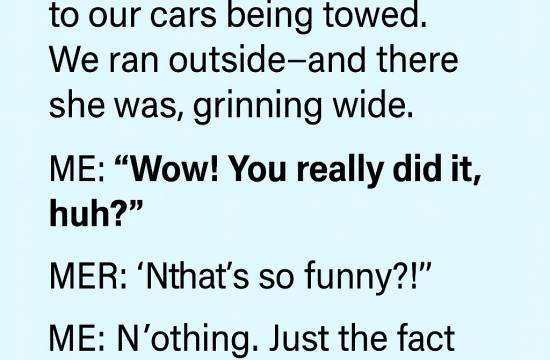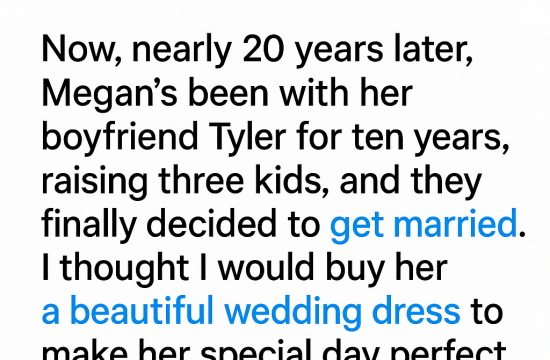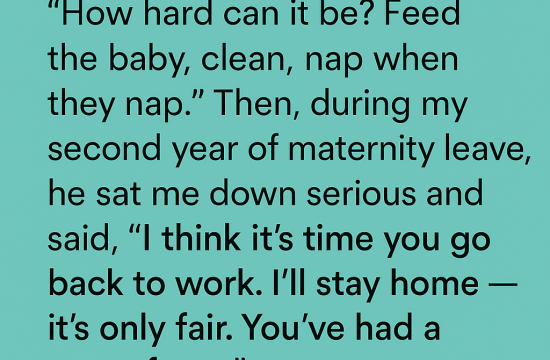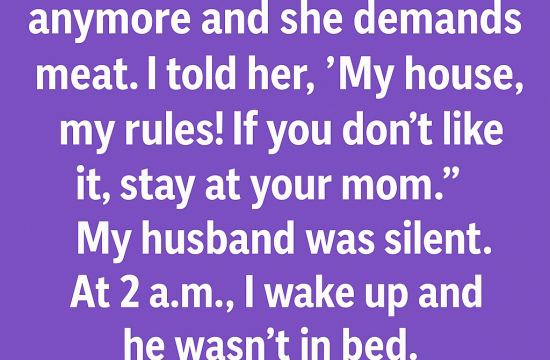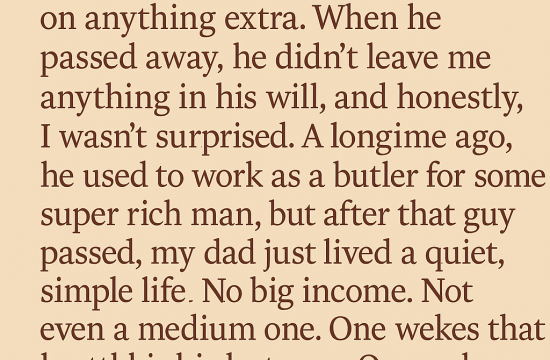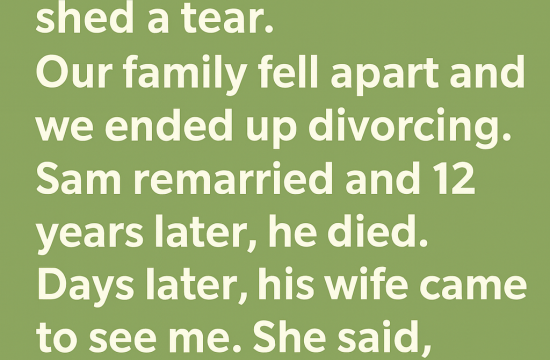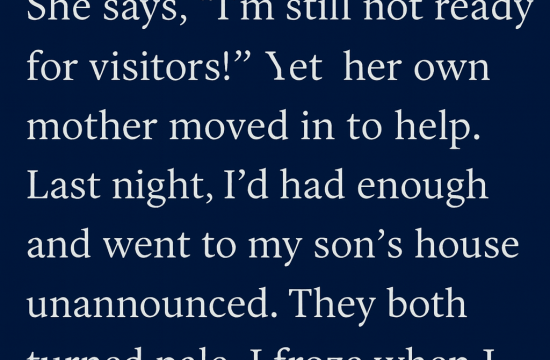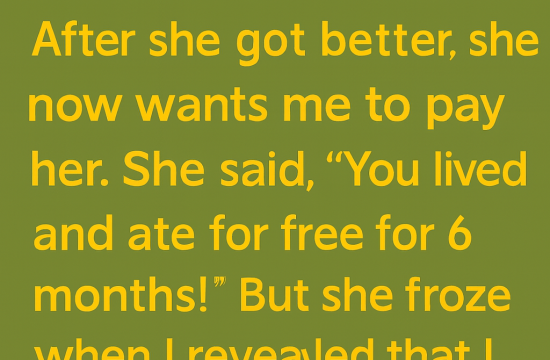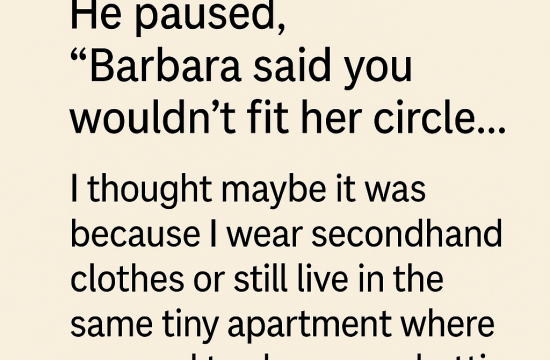The inheritance I didn’t want… until it saved me
Six years ago, my grandma Grace and I had a huge fight. She begged me to go to church with her—just once. I refused. I was tired of her constant pushing, tired of feeling judged. I told her to stop forcing her beliefs on me. She looked hurt but said nothing. That was the last conversation we ever had. Not long after, she passed away.
When her will was read, I expected something—anything. She had raised me after my parents died. I thought we were close, despite our differences. But when the lawyer said she left her house, her savings, even her precious rose garden to her church, I sat frozen. All I got was her tattered old Bible and a handwritten note: “Open it when it’s hard.”
I was stunned. Then angry. What did she mean? Did she think a book could pay my rent? Ease my stress? I was drowning in bills, working two jobs, and grieving a relationship I didn’t even get to mend. I tossed the Bible into a drawer and slammed it shut—angry at her, at myself, at the finality of never being able to say I’m sorry.
But I couldn’t stop thinking about that note. “Open it when it’s hard.” The words became a whisper in my mind, louder every time life knocked me flat: when my hours were cut at work, when my car refused to start, when I stood in my kitchen holding overdue notices with trembling hands.
One night, exhausted and hollowed out by stress, I pulled the Bible from the drawer and opened it.
Inside was a folded letter tucked between Psalms. I knew her handwriting instantly—soft and looping, like her voice used to sound.
“My dearest,” it read,
“I know we ended on a hard note, and I’m sorry. I never wanted to pressure you. I only wanted you to feel the peace I found when life broke me. This Bible saved me more times than I can count. I’ve marked it with the prayers I whispered when I thought no one listened. I wrote them for myself—but also for you.”
I turned page after page. Some verses were underlined, others starred. In the margins, she had scribbled notes:
“When I lost your grandpa—Psalm 34:18 held me.”
“The night I found out I had cancer, I read Isaiah 41:10. Over and over.”
“For when he’s angry at the world—Romans 8:38. God doesn’t leave.”
Her pain was there, but so was her strength. She had endured things I never knew about—grief, sickness, loneliness. She never said a word. Instead, she left behind a map to hope, buried in a book I had once rejected.
Tears streamed down my face. For the first time, I understood: she hadn’t disinherited me. She had entrusted me with the part of herself she valued most. Her love wasn’t in a will—it was in her words, her faith, her quiet belief that one day I’d find my way back to myself.
That night, sitting cross-legged on the floor with the Bible open in my lap, I felt something shift. Not just forgiveness—for her, for me—but a flicker of peace I hadn’t felt in years.
Maybe this wasn’t just healing.
Maybe this was the miracle she always knew I’d need.


